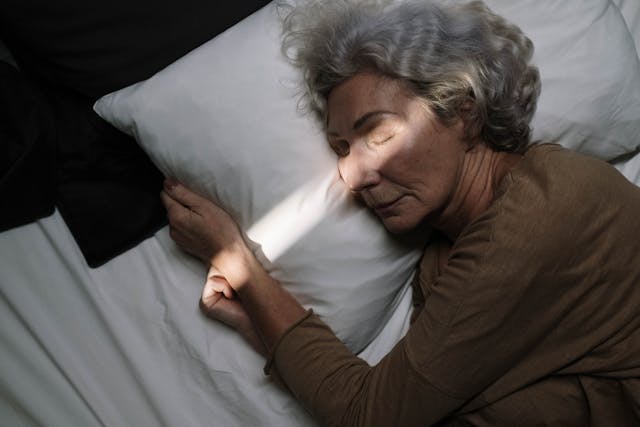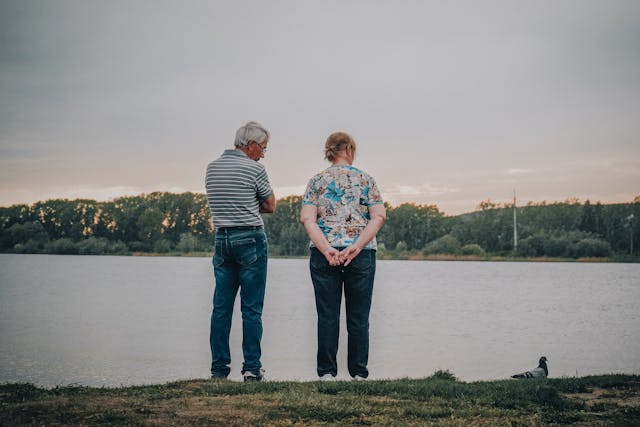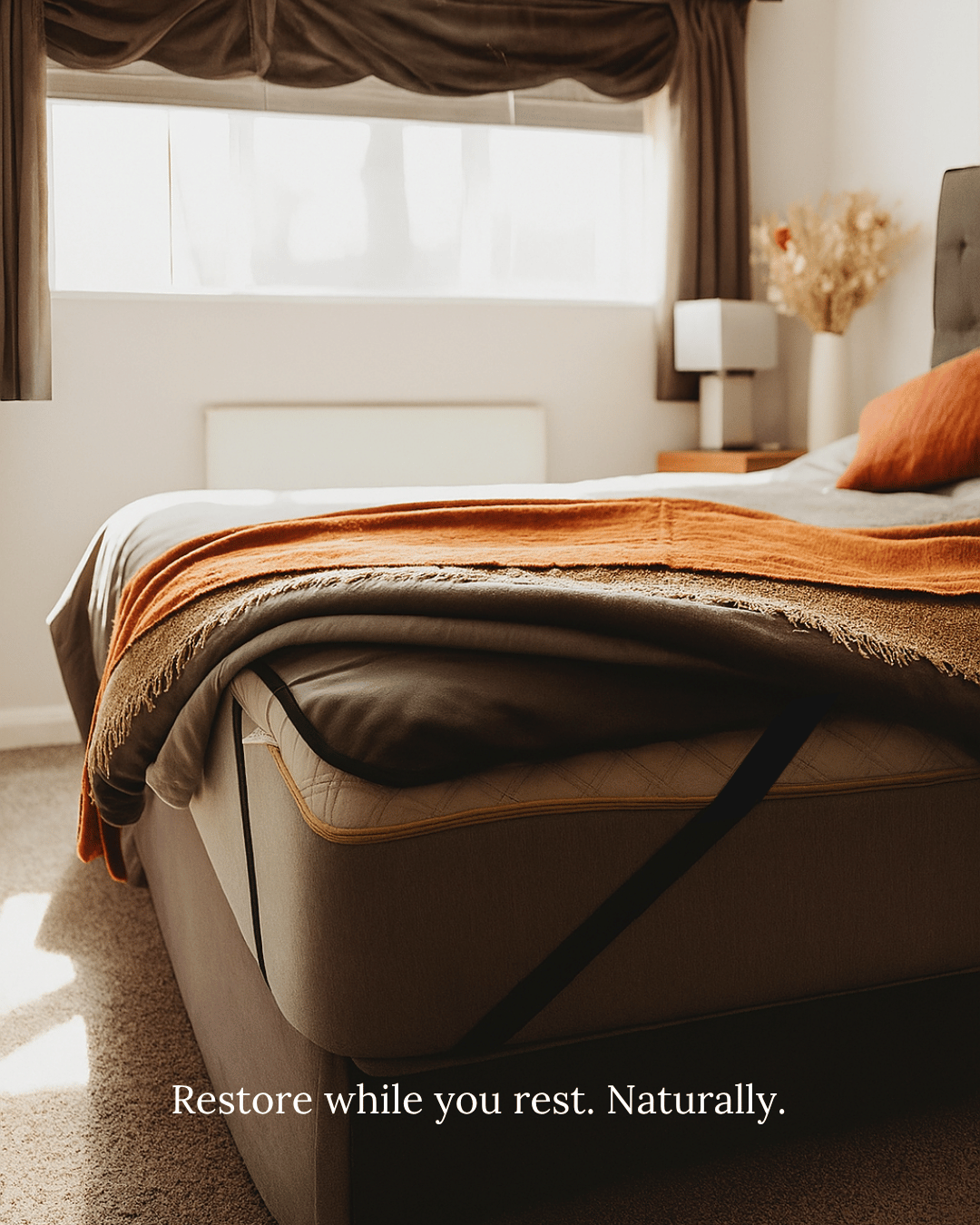Bedroom Lamps for Aging Eyes
When the first cup of coffee meets the first patch of sun through the window, Tina remembers to breathe—slowly at first, then naturally.
What’s really going on (in plain English)
Social connection is physiological. A call with a friend can lower stress chemistry as surely as a supplement.
Hydration earlier in the day beats big glasses of water at bedtime. Timing is a wellness tool.
If you track, compare weeks—not nights. If you don’t track, a three‑line paper log is often more peaceful.
A short science aside
Research evolves, but some basics hold: consistent wake times help, bright evening light hinders, and gentle routines reduce arousal before bed.
Coffee‑shop conversation
Imagine we’re across a small table, mugs warm in our hands. You share the week’s sleep, I nod at the parts that feel familiar.
We don’t chase perfection. We notice patterns: the lamp that helps, the snack that doesn’t, the way a phone call settled your mind.
From the community
The best thing I did wasn’t a gadget. It was going outside for five minutes in the morning.
—Luis, 61
Myth & reality
-
Myth: Older adults can’t improve sleep.
Reality: Not true. Many do, especially when the focus is on consistency and environment. -
Myth: If it didn’t work in two nights, it never will.
Reality: Sleep adapts slowly. Judge by trends over two weeks, not single nights.
Reader mailbag
-
Q: What about late dinners?
A: Sometimes life demands them. When it does, keep the meal lighter and take a short, pleasant walk. -
Q: Do I have to change everything to feel better?
A: Not at all. One small change—kept consistently for a few weeks—often beats ten changes you abandon.
This week’s small win
One reader dimmed the living‑room lamp twenty minutes earlier than usual. Another took a short post‑dinner stroll.
No timers, no tracking—just a kind nudge. Their notes the next morning sounded lighter.
Where a grounding mattress cover might fit
If you like a set‑and‑forget approach, some readers prefer a simple, wipe‑clean surface under the fitted sheet—steady contact without adding laundry.
When you’re curious, you can read the care notes here: Earthbound Grounding Mattress Pad.
Questions to take on a walk
- Where could light be a little softer in the last hour?
- What felt kind to your body today?
- Which small habit do you actually like enough to keep?
What readers keep asking
People ask about gentle sleep habits, calm evening routines, morning light benefits, and grounding mattress pads—especially for older adults who prefer sleep tracking without gadgets and softer lighting for aging eyes.
Tiny joys that count
A hot shower. Clean sheets. A quiet laugh with someone you love. These tilt the body toward rest more than we give them credit for.
Rooms that breathe
Open a window for ten minutes if the weather allows. Cooler, fresher air can reset a stuffy bedroom.
Frequently asked questions
- Is this medical advice?
- No. It’s educational and supportive. Please talk with a clinician about personal concerns.
- Do I need to overhaul everything?
- Please don’t. Pick one small change you like, and keep it for a couple of weeks.
- Where can I learn about low‑maintenance contact?
- Here’s a starting point: Earthbound Grounding Mattress Pad.
















